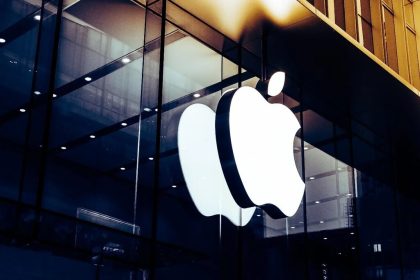The CEO of Tehran Municipality’s Information and Communication Technology Organization announced the start of installing smart kiosks in the capital. As one of the projects of the “Smart Tehran” program, smart kiosks are used for the first time to provide a variety of urban digital services, including the use of free Wi-Fi internet and performing urban financial transactions.
Mohammad Farjoud, CEO of Information and Communication Technology Organization of Tehran Municipality, said: “Urban smart kiosks are urban furniture and, like bank ATMs, can be installed on public roads to provide urban and communication services, the pilot phase of which was launched with the cooperation of two Tehran Municipalities.”
What services can smart kiosks provide?
Pointing out that these kiosks have the ability to provide communication services, including free Wi-Fi, Farjoud said: “These smart kiosks can search for sports venues, stores, mosques, restaurants, etc. Also, the ability to use the digital map of Tehran for navigation is also provided in these kiosks. Viewing the balance of electronic ticket cards and the ability to charge these cards are among the other services provided in these kiosks.
He continued: “In addition to these services, these kiosks also provide information about the weather, events, etc. Also, the development of these services in different aspects is a priority for the development of these kiosks.
The CEO of Tehran Municipality’s Fawa Organization described the installation of urban smart kiosks as one of the sub-projects of the Smart Tehran program and a step forward in the field of reaching a smart city and said: “In fact, it should be said that on the way to “Smart Tehran”, several projects have been defined, which will be implemented in order like this project, and will not be limited to a specific area of Tehran, and we will witness Smart Tehran pilot projects in different regions.”
Installation location of smart kiosks
He said about the installation location of these kiosks: “The installation location of urban smart kiosks in the first phase was in Sanat Square and Milad Noor, Lidoma and Platinum commercial complexes. In the near future, more of these kiosks will be installed in high-traffic areas such as commercial areas and busy city thoroughfares.”
Smart kiosks in the future
In the end, Farjoud emphasized: “In the future, in addition to the function of providing services to citizens, these kiosks can also be used to collect urban data such as traffic conditions and air pollution levels.”
How do you rate this article?
RCO NEWS






![[keyword]](https://rco.news/wp-content/uploads/2023/07/Checklist-for-traveling-to-America-everything-you-need-to-know-150x150.jpg)







